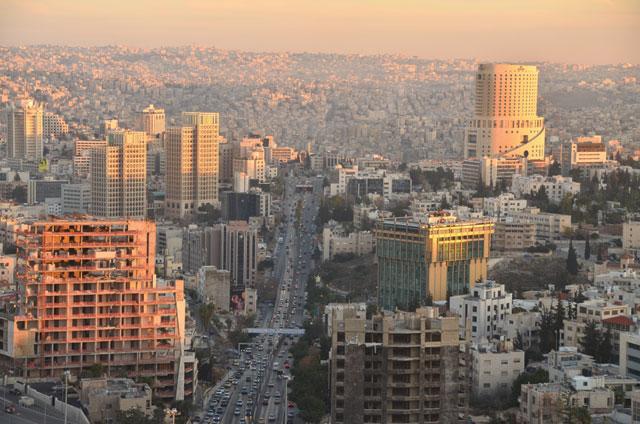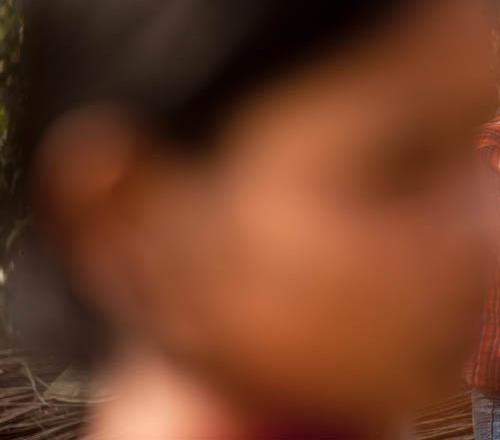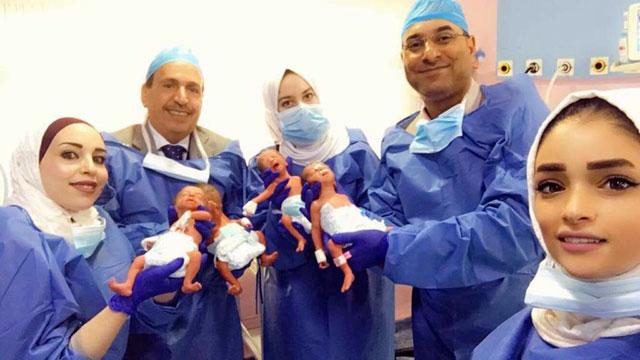You are here
HPC marks World Population Day with call to safeguard health, rights of women, girls
By JT - Jul 11,2020 - Last updated at Jul 11,2020

The crisis response plans must integrate and focus on population dynamics and the challenges faced by different population groups, says Higher Population Council (HPC) Secretary General Abla Amawi (File photo)
AMMAN — The COVID-19 pandemic has “laid bare” health and socio-economic challenges that directly impact all population groups, particularly the most vulnerable, said Higher Population Council (HPC) Secretary General Abla Amawi.
As Jordan commemorated World’s Population Day on Saturday under theme “Safeguarding the health and rights of women and girls around the world — even during COVID-19”, Amawi said that the pandemic is expected to have long-term implications on human capital, according to an HPC statement.
“It is more than just a health crisis and will result in repercussions on all aspects of life,” the statement quoted Amawi as saying.
The HPC secretary general stressed that the crisis response plans must integrate and focus on population dynamics and the challenges faced by different population groups, including the unmet needs for spacing pregnancies or limiting births among nearly 14.2 per cent of currently married women who are not using contraceptives, with rates varying by governorate.
The 2017-2018 Population and Family Health Survey of 2012 further revealed that 20.3 per cent of women with unmet needs have no education and 16.8 per cent are in the lowest wealth quintile, the statement said.
The 2017-2018 survey revealed that 21 per cent of ever-married women aged 15-49 have experienced physical violence at least once since the age of 15, while 2 per cent have experienced physical violence during pregnancy, Amawi said in the statement.
Additionally, 26 per cent of ever-married women aged 15-49 have experienced spousal physical, sexual or emotional violence: 21 per cent have experienced emotional violence, 18 per cent physical violence and 5 per cent spousal sexual violence, the statement said.
Only one in five women, 19 per cent, who have experienced a form of physical or sexual violence, sought help to stop the violence, while two-thirds of women have never sought help or told anyone about the violence, according to the survey’s results.
The HPC highlighted the findings of the State of World Population-2020 report published by UNFPA, which showed a mixed picture of progress on gender equality globally.
Despite strong advances towards gender parity in access to healthcare and education, discrimination and marginalisation are still evident around the world, according to the report.
In 57 countries, only 55 per cent of women aged 15-49, who are married or in a union, make their own decisions about the use of contraceptives and reproductive health services, according to the report’s findings.
As the COVID-19 pandemic spreads, the number of women unable to access family planning, facing unintended pregnancies, gender-based violence and other harmful practices could increase, the statement said.
Statistics have revealed the enormous impact of COVID-19 on women as health systems become overloaded, facilities close or only provide a limited set of services to women and girls, and many choose to skip important medical checkups due to fear of contracting the virus, read the statement.
To mark World Population Day, the HPC will organise an array of activities including a national webinar on sexual and reproductive health during the time of COVID-19, and will also release a study titled “An assessment of the current situation of sexual and reproductive health and reproductive rights awareness programmes for adolescents and youth in Jordan”.
Established in 1989, World Population Day was inspired by interest in the day the world’s population reached approximately 5 billion on July 11, 1987. According to the United Nations, the world’s population currently exceeds 7.7 billion and is expected to reach 9.7 billion by 2050, and 11 billion by 2100.
Related Articles
The rate of girl marriages in Jordan dropped from 10.6 per cent in 1990 to 6.3 per cent in 2012, according to an official study.
AMMAN — On Monday, Jordan joined in celebrating the International Day for the Elimination of Violence against Women, which falls on November
AMMAN — The Department of Statistics’ (DoS) director general on Tuesday said the birth rate among Jordanian families stood at 2.7 per cent,

















